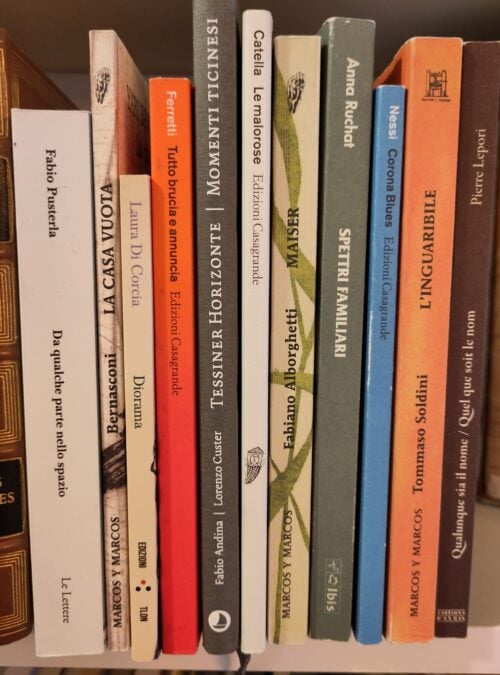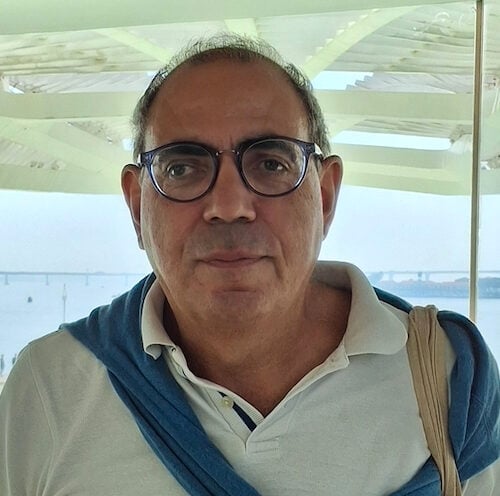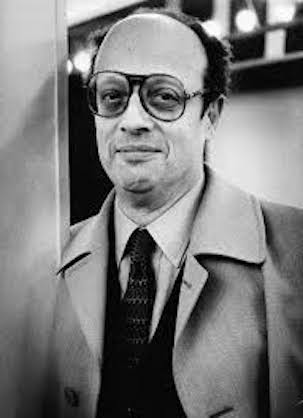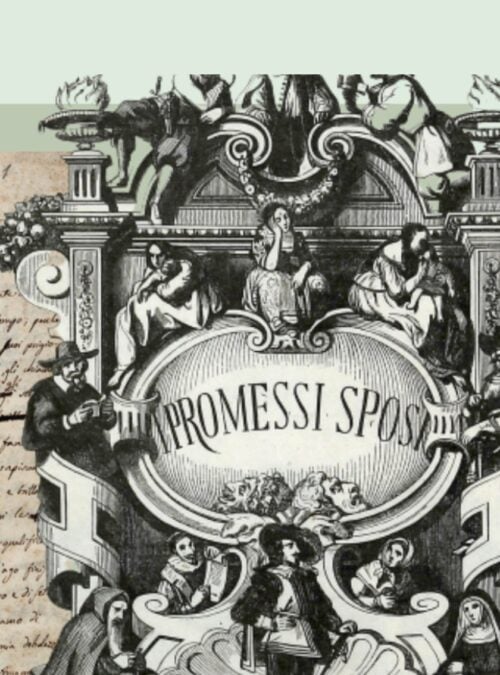The Italian Book in Vietnam
Author: Maria Benimeo, lettrice di lingua italiana presso l’Università di Hanoi

Italian works translated into Vietnamese
The National Central Library in Hanoi preserves all publications from the early 1900s, which it is currently recataloguing. There are currently about 150 records of Italian authors, including several translations of the same text and ‘intruders’ due to misclassification, such as Mario Puzo or Raffael Sabatini.
Works include a wide number of classics, such as The Divine Comedy, Edmondo De Amicis’ Heart, and some of the major works of Pirandello, Rodari, Eco, Calvino and Moravia. Poets are virtually absent, while theatre is represented by Carlo Gozzi, Eduardo De Filippo and Luigi Pirandello; most of the recently translated texts are contemporary fiction, from Primo Levi to Dacia Maraini, Alessandro Baricco, Donato Carrisi, and Elena Ferrante.
Publishing houses and their choices
Publishing houses are concentrated in Hanoi and Ho Chi Minh City. In the past, they were only a few and were part of university departments, linked to cultural associations, or managed by the state, which in the 1950s undertook a literary literacy plan and sponsored the dissemination of classics from around the world. After 1986, publishing houses have multiplied and have greater margins of freedom in terms of planning and editorial choices. They range from big publishing houses taking up most of the market, specialising in the most successful sectors (children’s and young adult books, biographies and novels), to niche publishers who choose to translate books that have won literary prizes or are now copyright free.
Editors are usually proficient in English and French, and only a few know a little Italian, which sometimes makes clearing up doubts at the revision stage rather tricky.
Some of the publishing houses that publish Italian books in translation include Nha Nam and Kim Dong, Alpha Book, The Gioi, Phu Nu, Tao Dan, Trẻ. The e-book market is still lagging behind when compared to the spread of e-commerce and contactless books: https://vietmessenger.com/books/ has only a few works by Moravia available at the moment.
The annual publishing plan
Each publishing house draws up its annual publication plan, which we are often informed about; choices are influenced by the market sector in which each is specialised, the cost of copyright, celebrations and anniversaries, the success of films, television series or shows and, only as a last choice, by the translators’ proposals or recommendations we send them periodically, including through the link to newtalianbooks.
Browsing through the Italian titles currently available in Vietnamese, we should not be surprised, therefore, to find the season’s best sellers , minor texts or less popular works, alongside classics and Nobel Prize winners.
Translators
At the moment, most Italian to Vietnamese active translators are teachers or graduates of the two Italian language departments in Vietnam, one at the University of Hanoi – which just entered its 20th year of operation – , and one at the National University of HCMC, founded ten years ago; a few more translators live in Italy. For all of them, however, translation is a part-time job, given the small number of publications and the low financial return. Some have specialised in specific sectors or favour a small number of authors. Some of the names that come to mind include Bui Thi Thai Duong, with translations of children’s and young adult books; Le Thuy Hien, who won the Mibact prize for foreign translators in 2020; Vu Ngoc Thang, to whom we owe the translation of Calvino‘s books.
There is no national translators’ association, and no specific degree or specialisation course. Eunic Vietnam funded a project in 2019 to foster, among other things, the transmission of skills between older and younger translators, but as far as we are concerned, until just a few years ago our books were translated from French, English or even Russian. One exception is Prof. Nguyen Van Hoan, former director of the Vietnamese National Institute of Literature, a Francophone, who, because of his passion for Dante Alighieri, worked for twenty years on a verse translation of the Divine Comedy, published in the early years of this century.
Support for translations
Italian literary works don’t currently have a wide circulation in Vietnam: every year there are on average 4 or 5 books between new publications and reprints. The print run is around 2,000 copies and often, once sold out, the book disappears and only remains in major libraries, such as the library of the Embassy or Consulate General, or in universities. It is not uncommon for the same title to be either re-translated, or revised, on centenaries, celebrations or events that justify their reprinting.
To promote and support the translation of Italian books, every year Maeci allocates funds to publishing houses that wish to engage in a project for the dissemination of our literature: in the last twenty years, the translation of around forty books has been financed, ranging from children’s titles to classics and best sellers. Mibact and other bodies reward translators who have distinguished themselves by playing a role in the dissemination of particularly representative works. But this is not enough to increase the number of translations of Italian works. Consequently, to further support the cause, diplomatic representations, in some cases, undertake to purchase a large number of copies of publications which they then distribute to private individuals or schools and public institutions, so as to support publishers at least in their costs. For example, this is how the Italian Embassy in Hanoi sponsored the reprinting of the translation of Dante’s Inferno on the seventh centenary of his death; it purchased 300 copies of Heart and helped sponsor a drawing competition for students; in a joint project with the Consulate General in Ho Chi Minh City it will purchase a large number of copies of the forthcoming Geronimo Stilton, A Thousand Wonders, a tourist guide to Italy for children.
In the past, the Embassy hosted writers whose most recent work had just been translated: the brief presence in Hanoi in the first decade of 2000 of prestigious guests such as Dacia Maraini, Alessandro Baricco and Paolo Giordano undoubtedly boosted the sale of their books and promoted Italian literature.
Every year, during the Week of the Italian Language in the World, and during the European Literature Days (https://www.eeas.europa.eu/delegations/vietnam/european-literature-days-2022_en?s=184), Casa Italia hosts, in collaboration with local publishing houses, launches of new publications, presentations of projects and competitions, and debates involving the local public to increase the visibility of new translations and promote sales.










